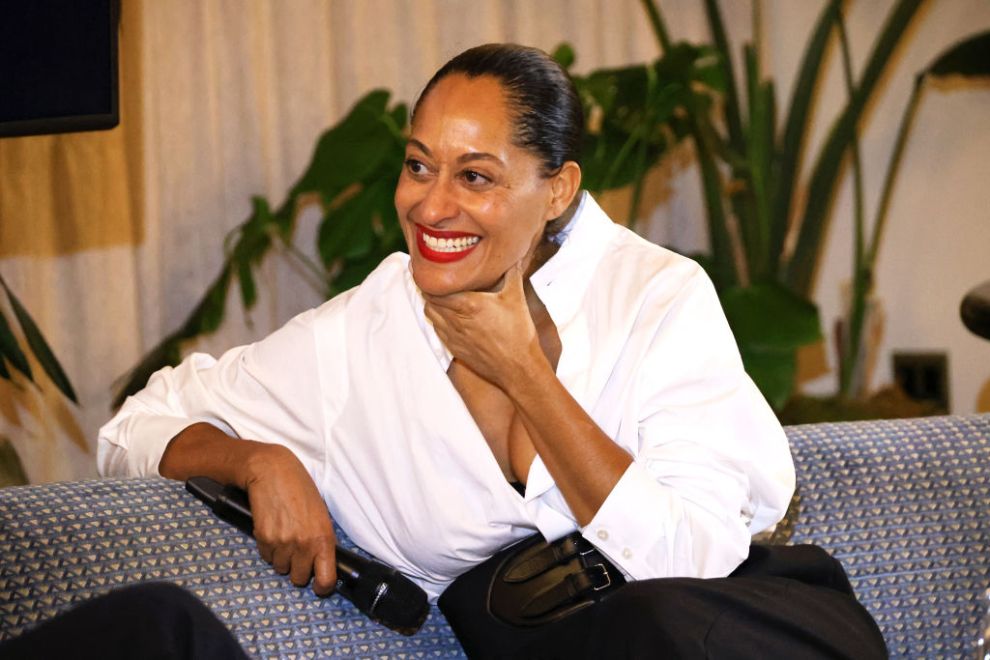Tracee Ellis Ross, long admired for her poise and self-assurance, revealed a rare vulnerability on a recent episode of Michelle Obama’s podcast In My Opinion (IMO). In a candid conversation with the former First Lady, Ross, 51, spoke not as a celebrity or cultural icon, but as a woman reckoning with a life that unfolded differently than she once imagined.
“I grieve the things that I thought would be and that are not,” she said quietly. “I’m not married. I don’t have children… and I think I grieve that at times.” The confession marked a poignant turn in the discussion—one that reverberated far beyond the studio walls. Ross wasn’t lamenting a lack of success or fulfillment. Instead, she was naming a quieter sorrow, one many carry but rarely speak aloud.
Obama, herself no stranger to the complexities of identity and expectation, met Ross’s words with empathy. “That’s the pain of being a liberated woman,” she replied. “The choice doesn’t mean the grief isn’t there.” Their emotional exchange struck a nerve, especially among Black women navigating their own nontraditional paths. Within hours, the hashtag #TraceeEllisRoss began trending as thousands shared stories of private grief and hard-won freedom.
Ross has often challenged narrow definitions of womanhood. In a 2020 Marie Claire interview, she reflected on her mother Diana Ross’s legacy: “I am the result of what my mom dreamed for herself.”
Though born into stardom, Tracee carved her own lane through comedy, advocacy, and radical self-expression. Her 2021 TED Talk pushed that narrative further, as she described unhooking her self-worth from the idea of romantic partnership. “I used to dream about my wedding day,” she said. “Now I dream about peace.”
But even peace has its shadows. On the podcast, she admitted to questioning her sense of worth. “Why is that the thing that makes me worthy? I do know that I’m worthy. And yet, I still have these dreams.”
That paradox—knowing you are enough, yet grieving the fantasy—gave her truth its power.
Psychologists call this disenfranchised grief: sorrow unacknowledged by society because it doesn’t fit its narrow expectations. Ross gave it visibility and a voice. She didn’t frame her life as lacking. Instead, she invited space for complexity—where freedom and sadness coexist.
Her words resonated not because they offered a solution, but because they offered solidarity. “I love my freedom. But yeah, I cry sometimes,” one listener posted. “Tracee just spoke my truth.”
In an age of curated perfection and silent struggle, Ross reminds us that fulfillment isn’t binary. You can hold joy in one hand and grief in the other—and still be whole.
Her truth broke a silence many didn’t realize they’d been keeping. And in doing so, she helped redefine what strength can sound like.


Leave a Reply